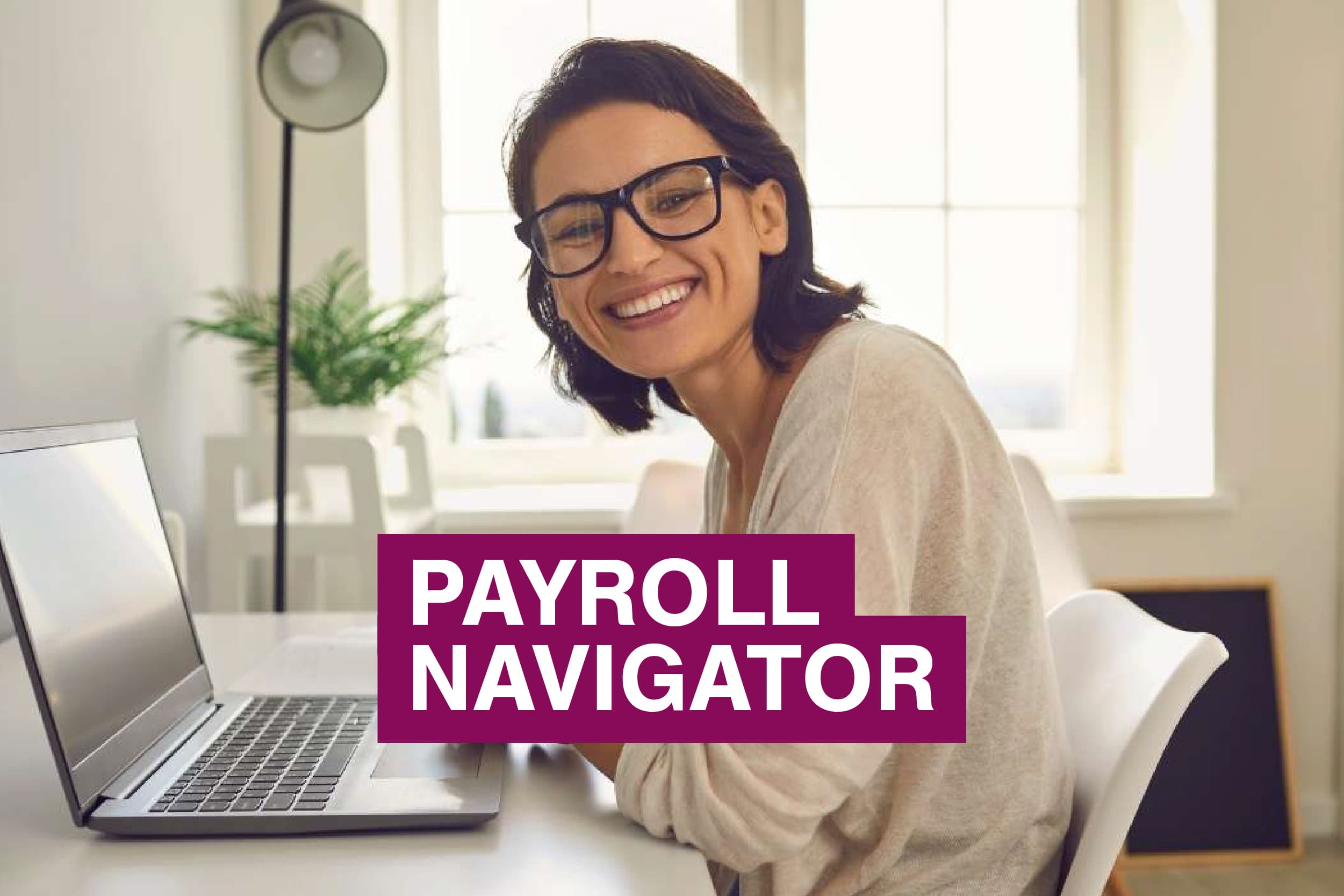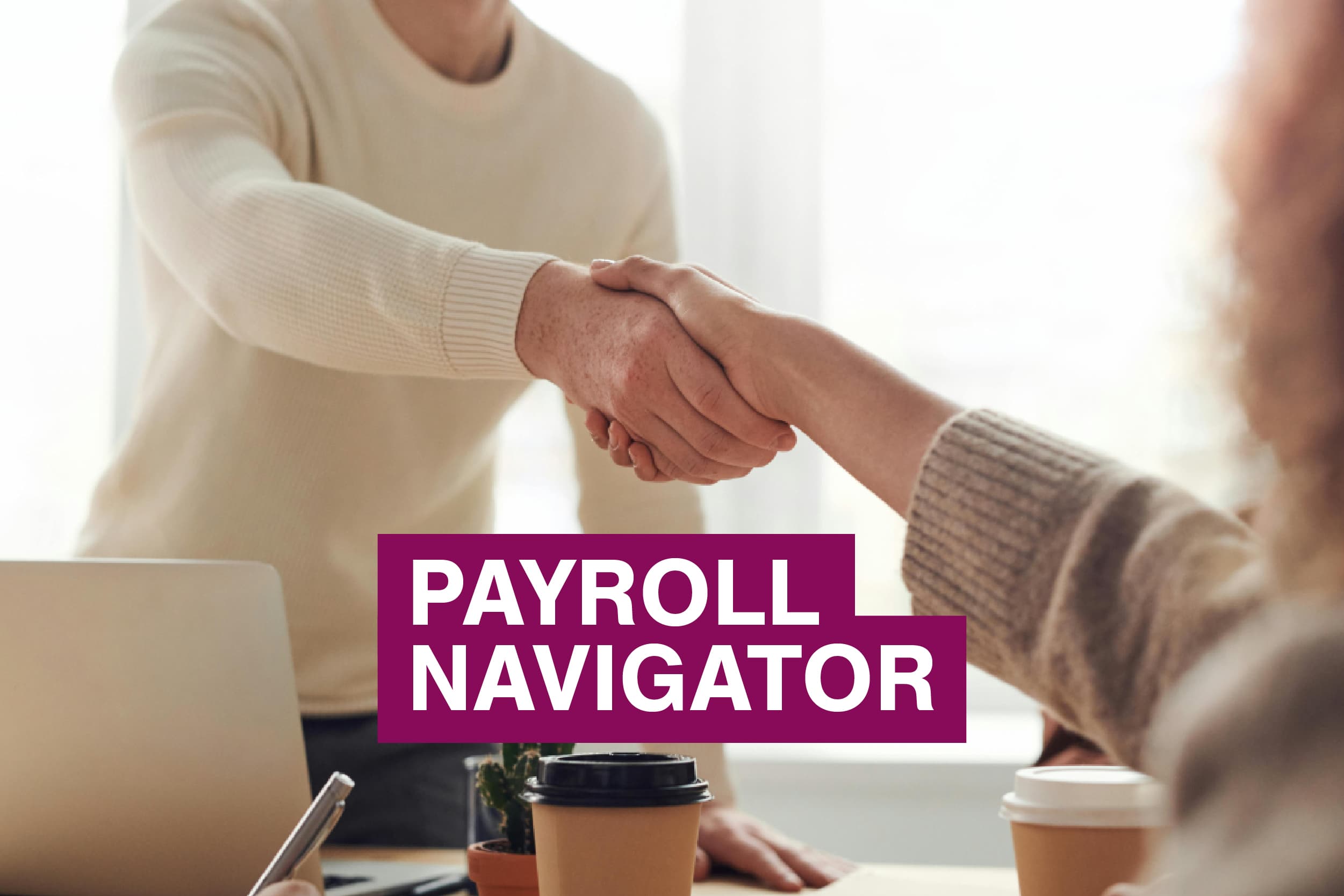
How do I keep payroll running smoothly as my business grows?
44% of European companies with 1-9 employees feel they have the internal expertise to manage payroll, compared to 67% of companies with over 2500 employees.
The payroll landscape is dynamic and complex, shaped by an ever-evolving mashup of technology, legislation, and employee expectations. People are looking for more transparency and flexibility than ever when it comes to their pay, which is reflected in changing regulations across Europe. Those expectations can only be enabled by a growing range of tech, and the level of complexity multiplies when you look at growing your business internationally. With all that in mind, the only way to keep payroll running smoothly as your business grows is by developing a rich store of payroll expertise that grows with it over time.
Defining payroll expertise
But just as payroll has evolved, so has the definition of ‘payroll expertise’. Today, it goes beyond keeping up to date with payroll legislation and knowing your payroll tech options inside-out. Payroll expertise requires taking a holistic view: stepping back to understand how payroll connects with the rest of your HR ecosystem.
It also means knowing how to grow those connections. Payroll expertise is having the ability to integrate payroll technology with other HR functions like time and attendance, reward strategy and workforce planning. This not only streamlines HR operations by sharing data in real-time, but also ensures you’re always working with an integrated and aligned people dataset across HR disciplines. Then, payroll expertise means using payroll analytics to generate data and insights into people trends and employment costs that can help to guide your strategic decisions.

Achieving payroll expertise
It should be clear by now that no one person or job category can provide the expertise you need to ensure payroll stays running smoothly as your business grows. Nor does it have to be a case of deciding whether payroll expertise should be kept in-house or drawn from an external provider—though according to our research, around a third of employers do still feel that way.
On average, 32% of employers across Europe say they prefer SaaS (software as a service) to outsourcing payroll because this allows them to operate autonomously. But is payroll autonomy really something your business should be striving for?
What the data reveals
When it comes to employing people internationally, retaining payroll autonomy means going against the grain. A full 97% of international employers who responded to our survey say they seek help from one or more payroll providers on an international level. With employment regulations, financial conditions and local culture being so specific and unique in each European country, it becomes much easier to bring payroll expertise from outside than to try to grow it from within.
While it’s generally easier and more cost-efficient to work with as few payroll partners as possible, only a minority of 22% are currently able to rely on a single provider to cover all regions they operate in. Most companies (41%) choose a primary European payroll partner who works with smaller local partners, while 33% work with multiple, local payroll providers.
Future-proofing payroll
International employment is only set to become more popular over time, and with the normalization of remote working it can now be a cost-effective hiring option, regardless of whether your business operates in the region you hire from. So, no matter what future growth looks like for your organization, it’s essential to start building your payroll expertise now. Most importantly, make sure you diversify your sources of payroll expertise, both internal and external. Then you’ll always have the best variety of people and tools around you to embrace new payroll challenges over time.

Bart Jonkers
Director International Service Delivery


